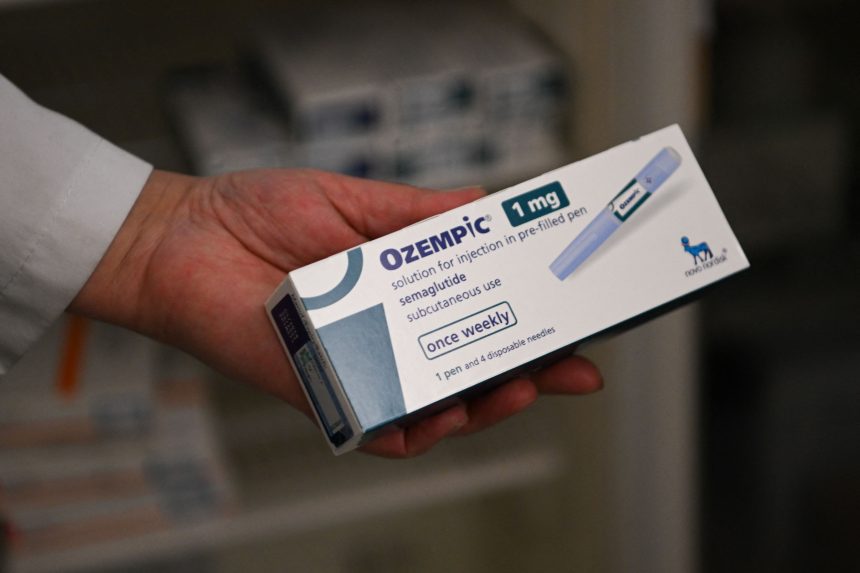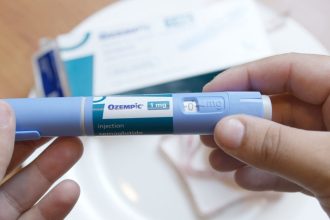Trump Administration Launches Pilot Program for Obesity Treatment
The Trump administration is set to initiate a five-year pilot program aimed at allowing Medicare and Medicaid to cover some popular weight-loss medications. This move has the potential to reshape obesity treatment for millions of Americans.
Overview of the Program
The program will include medications such as Ozempic, Wegovy, Mounjaro, and Zepbound, marking a significant shift in federal policy toward public insurance assisting in tackling the obesity epidemic. Originally designed to manage Type 2 diabetes, these GLP-1 receptor agonists have gained popularity for their effectiveness in appetite suppression and weight loss, with some patients losing as much as 20% of their body weight in clinical trials.
Background and Implementation Schedule
This pilot program builds on a proposal from the closing days of the Biden administration, which was paused earlier this year as officials declared that Medicare and Medicaid would not cover weight-loss medications.
Documents obtained by The Washington Post indicate that state Medicaid programs and Medicare Part D plans would voluntarily include GLP-1 drugs for weight management starting in:
- April 2026 for Medicaid
- January 2027 for Medicare
The initiative will be managed by the Center for Medicare and Medicaid Innovation, which focuses on testing new payment models aimed at cost reduction and improving patient care.
Response from Health Experts
Chiquita Brooks-LaSure, former head of the Centers for Medicare and Medicaid Services under President Biden, described the pilot as a potential “game changer” for access to obesity treatments. She stated, “Increased coverage of anti-obesity medications in Medicare and Medicaid was a priority during my tenure because scientists and clinicians increasingly believe obesity is a serious health condition that should be treated accordingly.”
Challenges Ahead
Despite the optimism surrounding the program, the cost of GLP-1 drugs poses a considerable challenge. These medications may cost between $5,000 and $7,000 annually, leading to concerns about the sustainability of widespread coverage. Dr. Cynthia Cox from KFF noted, “The short-term cost is still huge. $1,000 a month per person is a massive outlay.”
Currently, Ozempic’s list price in the U.S. is approximately $936 a month—more than five times its cost in Japan, where it retails for $169. Wegovy, which contains the same active ingredient as Ozempic, is priced at around $1,349 a month in the U.S., compared to $328 in Germany.
Current Coverage and Implications
At present, 13 state Medicaid programs provide coverage for GLP-1 drugs for obesity, while Medicare restricts coverage to individuals with related health conditions such as diabetes or heart disease. With approximately 70 million people enrolled in Medicaid and 65 million in Medicare, even a partial expansion of coverage could significantly impact the population.
Ethicists, however, express concerns about the economic implications. Dr. Robert Klitzman, a bioethicist at Columbia University, warned, “These drugs help over 50 percent of people lose up to 25 percent of their body weight. But they cost around $12,000 a year. If two-thirds of Americans needed them, it would bankrupt the health care system.”
Potential Benefits Beyond Weight Loss
Despite financial worries, GLP-1 medications are garnering excitement among healthcare providers for their broader health benefits. Clinical trials indicate that these drugs can also reduce blood sugar levels, lower blood pressure, and enhance cardiovascular health. Dr. Raj Dasgupta, chief medical adviser for Garage Gym Reviews, commented, “Ozempic and other GLP-1 drugs are changing how we approach obesity, both in the doctor’s office and for society in general. They’re helping shift the conversation from ‘this is a personal failure’ to ‘this is a medical condition that deserves real treatment.'”
Projected Costs and Industry Perspectives
The Congressional Budget Office estimates that expanding obesity coverage may cost Medicare around $35 billion between 2026 and 2034. A spokesperson for Novo Nordisk, the manufacturer of Ozempic and Wegovy, emphasized to The Washington Post the importance of comprehensive insurance coverage for affordable health care options.
Dr. Klitzman added that insurance coverage is often limited, particularly for individuals without diabetes or heart disease, despite physicians prescribing these medications to those who are merely overweight.
Looking Ahead
With over 100 million adults in the U.S. classified as obese and about 22 million as severely obese, the anticipated impact of this program is substantial. The proposal remains in development and may enter a formal public comment period prior to its implementation.






